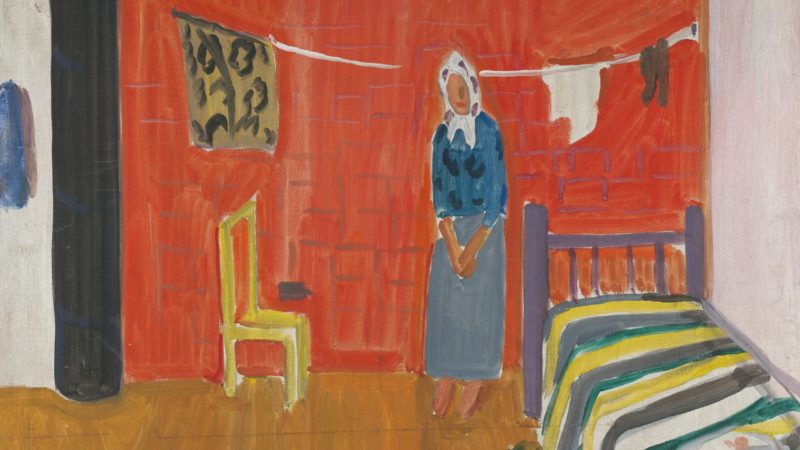Listen:
Don’t say you understand silence when you don’t
—not any silence; this silence
Only yesterday the aunties gossiped
in the odd vernacular of that their side of town, saying
Baba’s house fell to goats like a sheaf of grass
Mama opens her belly to the squalls, to the iron glint of stars,
to the truth’s distant tang, to the baying of the neglected dogs
while the aunties sit weaving an awful dress of effrontery
—and I wish we could be alive in several ways but this one
In one moment, the crowded room is bulbous with scars and
an egregious silence: quick a roll of cigarette, slow the silent smoke,
and the past is the reluctant guest in the room, hides like a timid dog
beneath the ottoman.
I am faithful to my duty: I hold the candle and the camera
I lost my leg and tongue yesterday to your brutal candour
I do not regret much; speech has, at best, been inelegant in its address
to our real quandaries. There’s only this one thing:
I do not know how to be in this much silence.
Mama is at the door taking inventory of faces and furniture, all which she has
left. The ottoman is there and the doors. And although no one sees it, there
remains the old table, teak and permanent, untouched by any
unplanned disturbances

